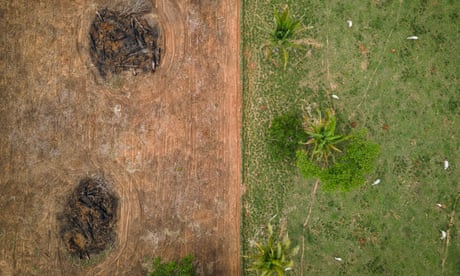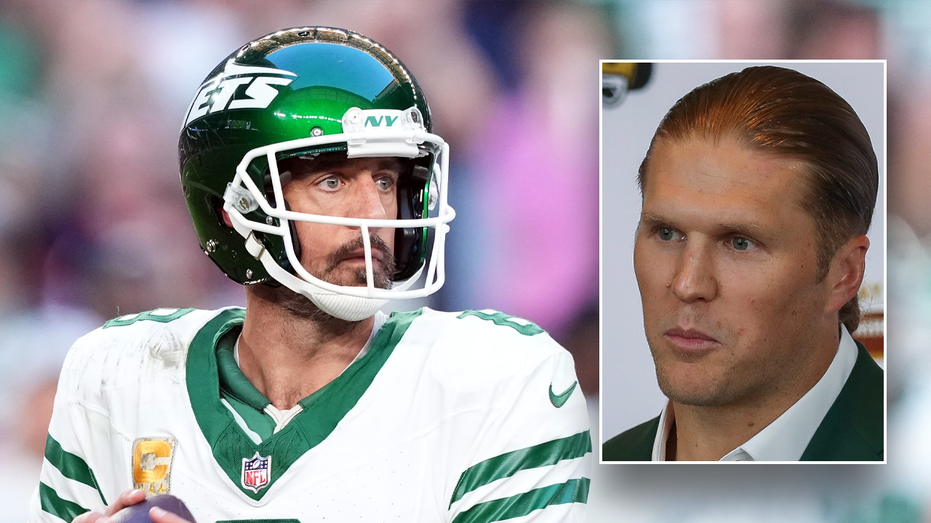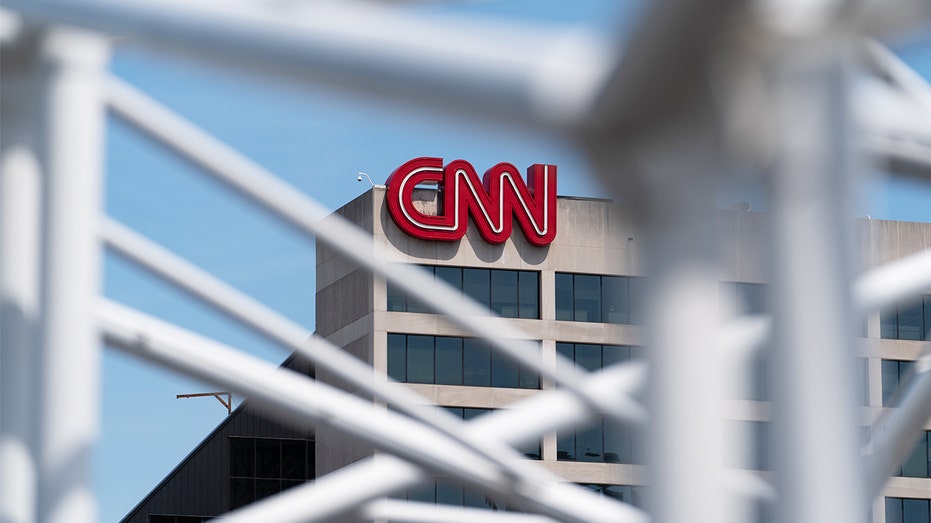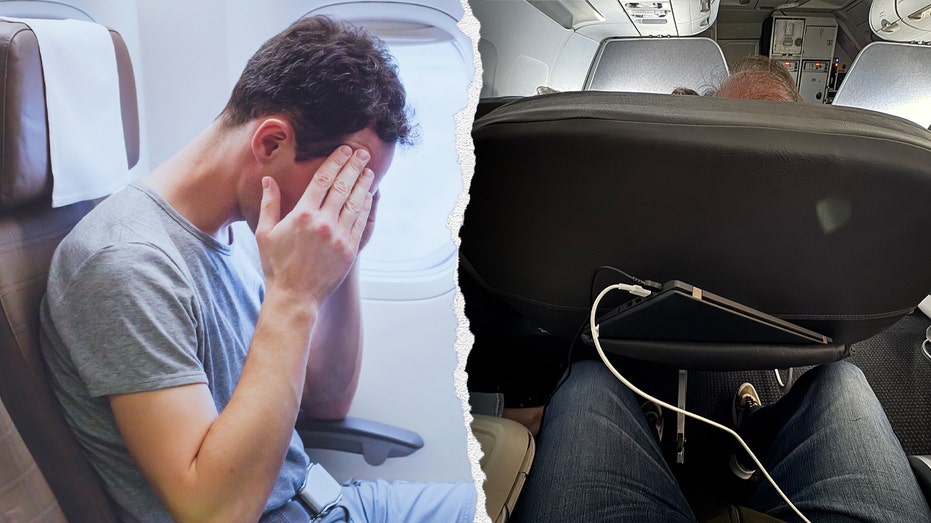- by foxnews
- 15 Nov 2024
Global craze for collagen linked to Brazilian deforestation
Global craze for collagen linked to Brazilian deforestation
- by theguardian
- 07 Mar 2023
- in news

The links between beef and soya and deforestation in Brazil are well known, but little attention has been given to the booming collagen industry, worth an estimated $4bn (£3.32bn).
Collagen can be extracted from fish, pigs and cattle. Its most evangelical users claim the protein can improve hair, skin, nails and joints, slowing the ageing process. As well as beauty and wellness brands, it is also used by pharmaceutical companies and those producing food ingredients.
However, an investigation by the Guardian, Bureau of Investigative Journalism, Center for Climate Crime Analysis (CCCA), ITV and O Joio e O Trigo in Brazil has found cattle raised on farms causing deforestation were processed at abattoirs serving international collagen supply chains.
While there are studies suggesting taking collagen orally can improve joint and skin health, Harvard School of Public Health cautions potential conflicts of interest exist as most if not all of the research is either funded by the industry or carried out by scientists affiliated with it.
Collagen companies have no obligation to track its environmental impacts. Unlike beef, soya, palm oil and other food commodities, collagen is also not covered by forthcoming due diligence legislation in the EU and UK designed to tackle deforestation.
Bovine collagen is described as a byproduct of the cattle industry, which in Brazil accounts for 80% of all Amazon forest loss.
Demand for beef, leather and collagen has seen more and more forest has been cleared and replaced by pasture in recent years, with land often seized illegally.
- by foxnews
- descember 09, 2016
Airline passenger shares photo of 'reclined' seat debacle: 'Dude is in my lap'
A passenger paid for a first-class ticket on an American Airlines flight, but the seat in front of him trapped him in his chair, which led to the airline posting a public apology on X.
read more


